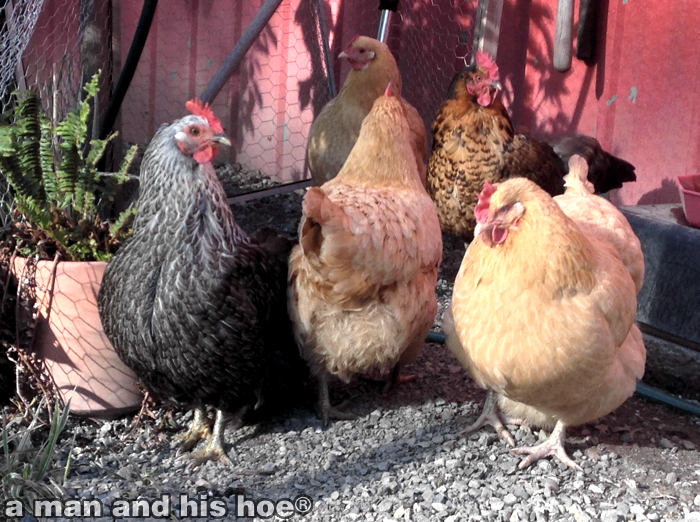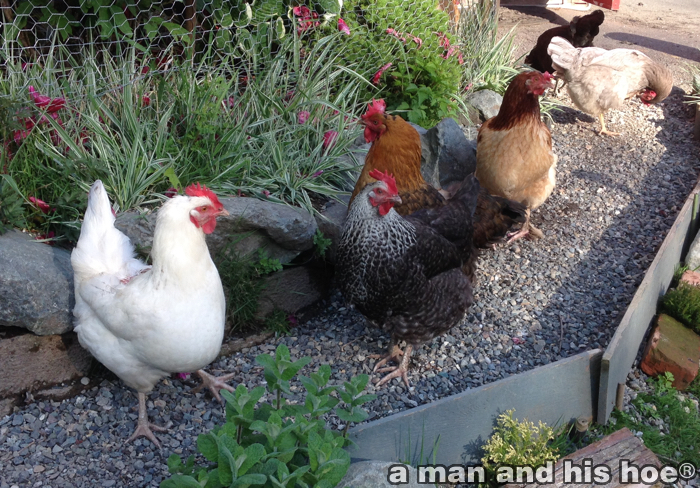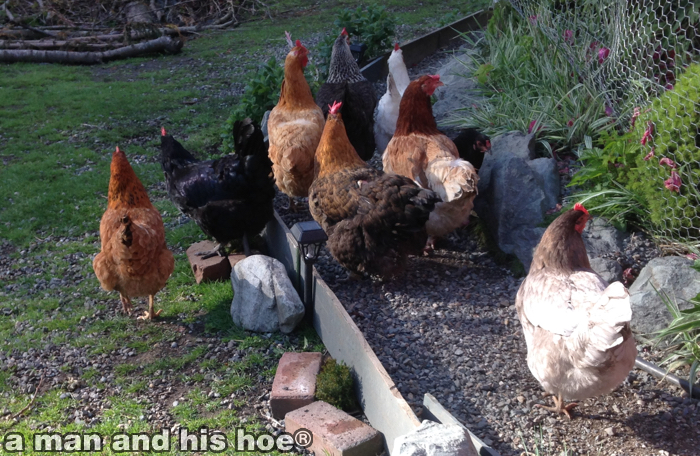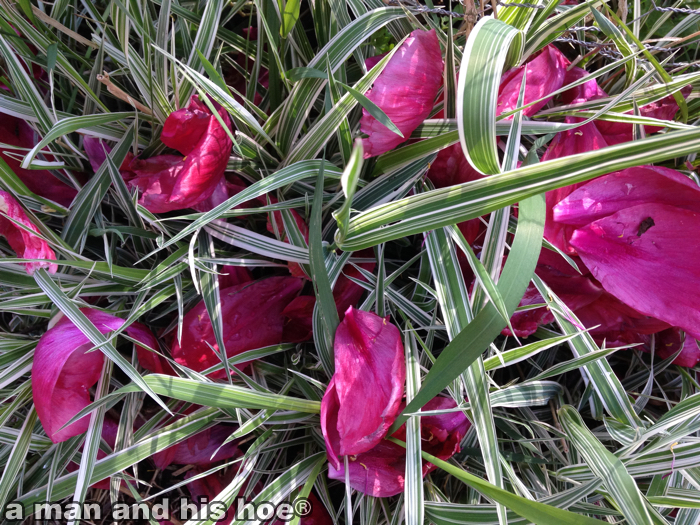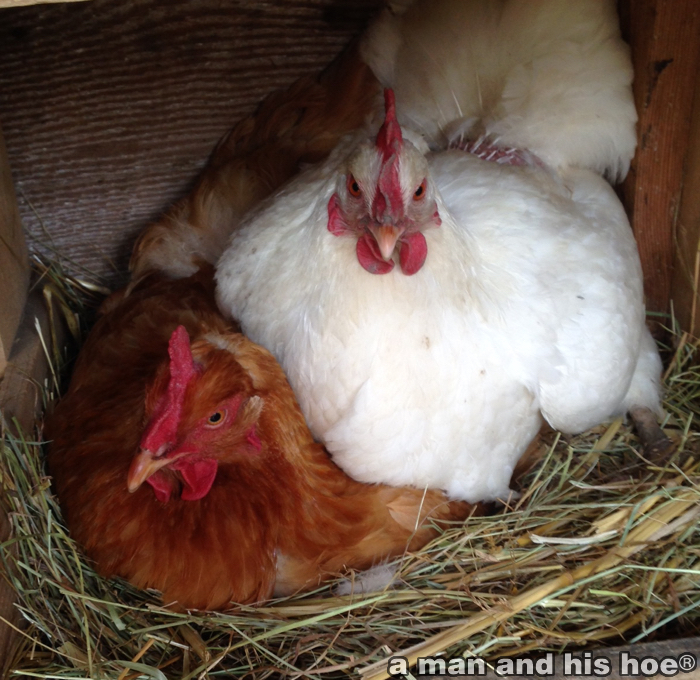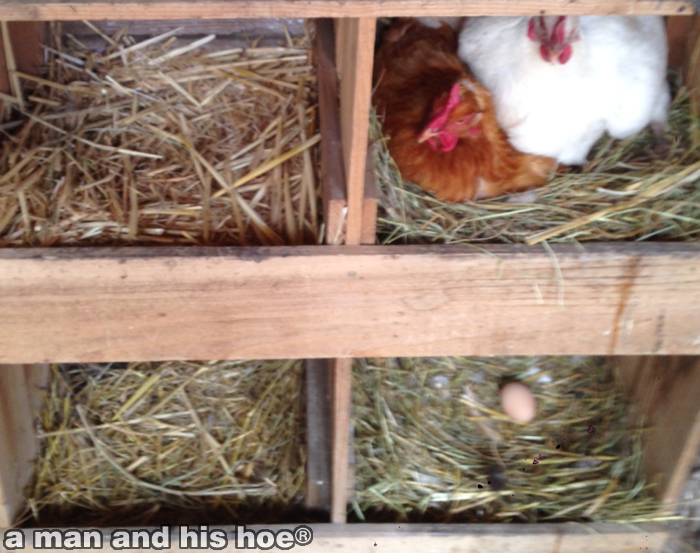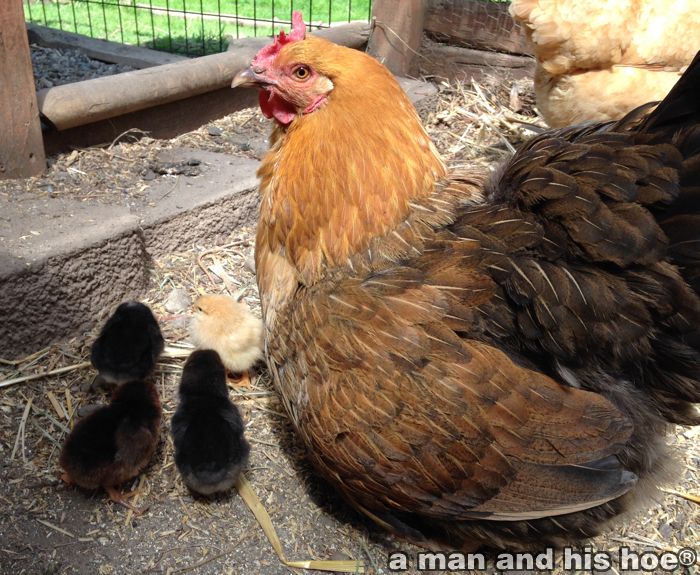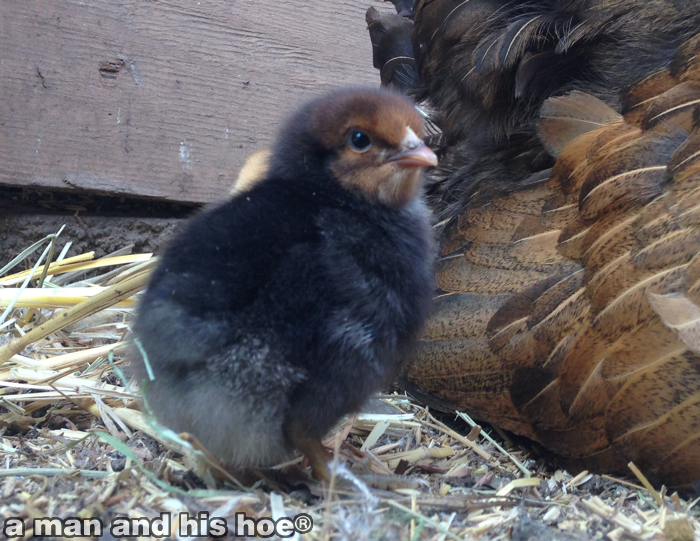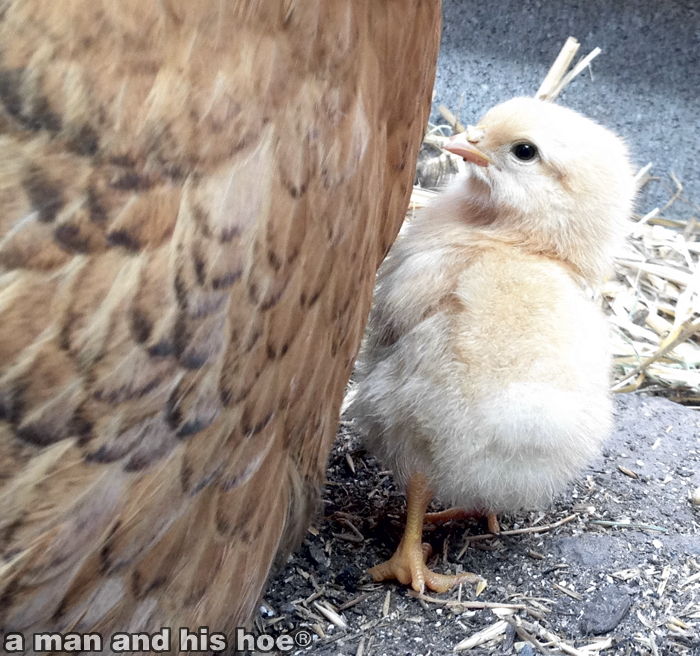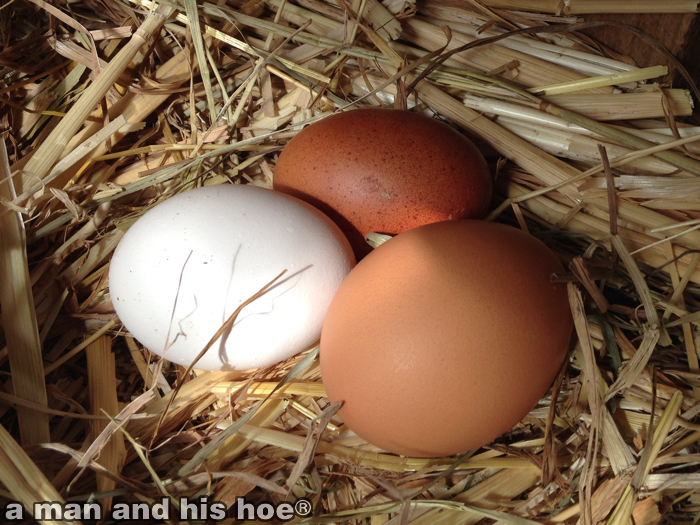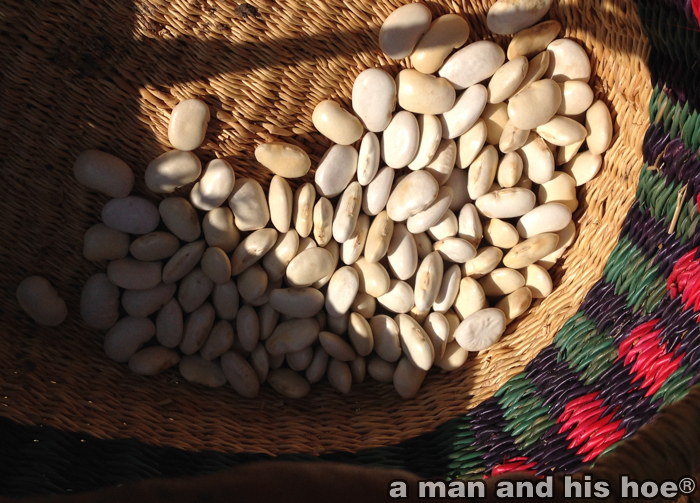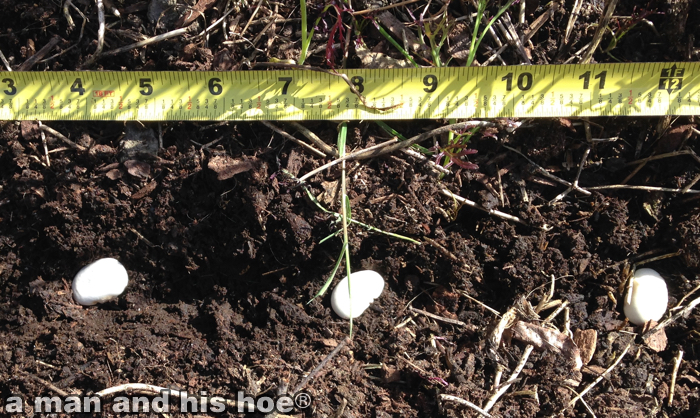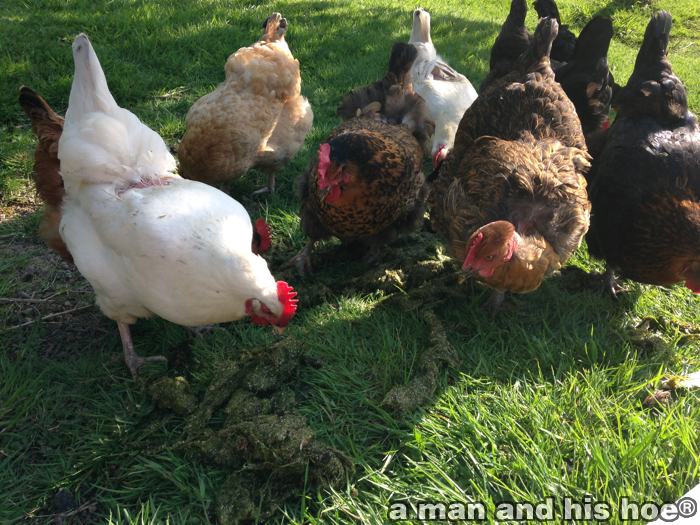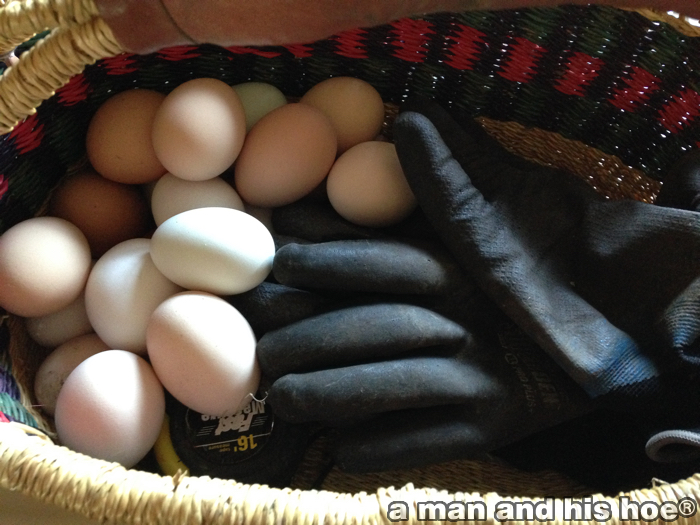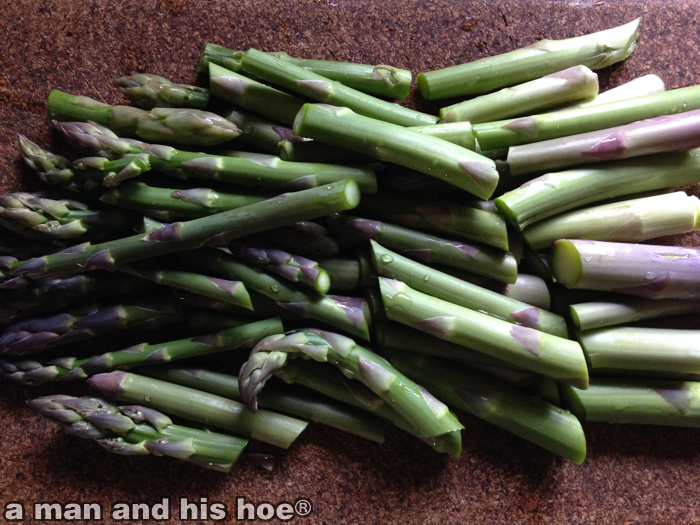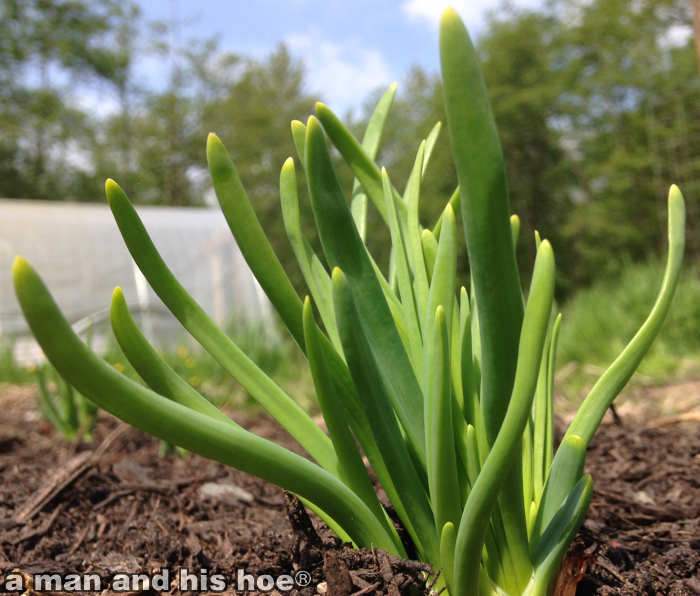
The shallots are reaching out of the ground with open arms, welcoming as much sunshine as possible. As high as they lift their green arms, shallots stretch their white roots deep into the ground, oozing out sugars and carbohydrates and fats and proteins to feed a host of bacteria and fungi. Dr. Elaine Ingham describes plants as setting out cakes and cookies for these microorganisms. As these bacteria and fungi feed on the cakes and cookies the plants provide them, protozoa and nematodes feed on the bacteria and fungi, and after gorging themselves, leave behind waste at the plants’ roots, full of the nutrition plants need to thrive.
According to Dr. Ingham, put lime or nitrogen fertilizer on the soil, and you destroy these colonies of microorganisms the plants depend on to feed them. Lime and nitrogen fertilizers are salts, and so they bind up the water in the ground, depriving the microorganisms of the water they need to live. And it’s all unnecessary. The sand, the pebbles, rocks, clay particles in your ground have all the minerals your plants will need for a million years. According to Dr. Ingham, a single grain of sand has all the minerals to supply an entire acre of crops. You don’t need to add any minerals to your gardens. You have an infinite supply in your ground. You will never run out of nitrogen, phosphorus, calcium, boron, any of the minerals your plants need. The key to having a thriving garden is getting the correct mix of bacteria, fungi, protozoa and nematodes in your soil. Plants figured out how to do this millions and millions of years ago. It’s our job as gardeners, to make sure the biology plants need, thrives.
